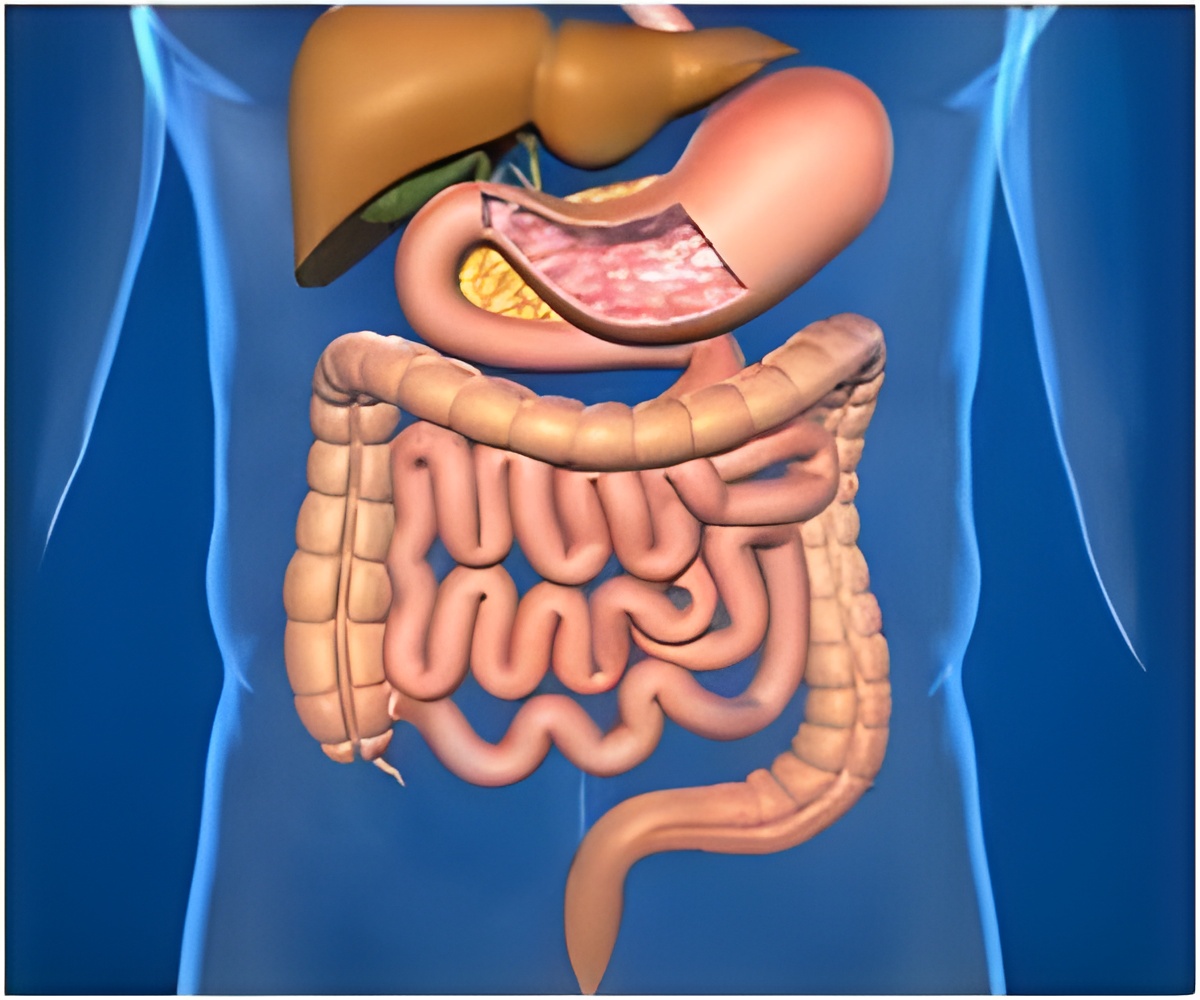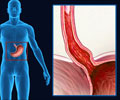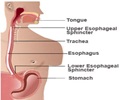A new study has come up with clues that may throw more light on the cells that give rise to a particularly lethal form of esophageal cancer.

Esophageal adenocarcinoma is a cancer of the esophagus that is associated with acid reflux disease and Barrett esophagus (BE). BE is characterized by abnormal changes in the cells that line the lower esophagus, very close to the junction with the stomach. In BE, the normal flat esophageal cells are replaced by taller cells resembling those that line the stomach or intestine. Previous research has suggested that BE may be caused by acid reflux disease and chronic inflammation, but many questions about the disease remain unanswered.
"The precise origin of both esophageal adenocarcinoma and BE has been difficult to discern, in part because of the absence of useful experimental model systems that are genetically based," explains study author Dr. Timothy C. Wang, from Columbia University. "A major unanswered question that has been debated for decades is whether BE cells originate from the lining of the esophagus itself or from the region of the stomach called the cardia that is adjacent to the esophagus."
Dr. Wang, coauthor Dr. Michael Quante from the Technical University of Munich, and colleagues used a transgenic mouse model of BE and adenocarcinoma that closely resembles human disease to explore the pathogenesis of the disease. The mice were engineered to express a specific molecule (interleukin-1) associated with chronic esophageal inflammation. The researchers discovered that inflammation and bile acid caused immature cells from the cardia to migrate to the esophagus and give rise to the taller "columnar" cells characteristic of BE. They went on to identify the specific signaling pathway that appeared to regulate differentiation of the cardia cells into columnar cells, and that was associated with the origination of cancer in mice and humans.
Taken together, the findings suggest that the abnormal cells associated with BE and esophageal adenocarcinoma actually originate in the cardia of the stomach and not the esophagus. "The fact that BE always begins precisely at the junction where the esophagus meets the stomach has never been explained, and now it seems clear that special consideration should be given to inflammation of the gastric cardia as it may represent a precursor of BE and esophageal adenocarcinoma," concludes Dr. Wang.
Advertisement










